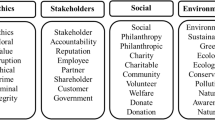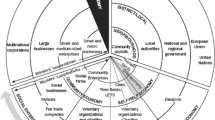Abstract
As the member making many of the most visible contributions to NATO, the USA has often claimed that they shoulder the heaviest ‘burden’ in maintaining the objectives of the alliance. This claim has been backed by research which has concentrated on contributions such as defence expenditure and benefits such as protection from external threats. However, modern alliances entail the exchange of multiple forms of alliance benefits and liabilities and therefore the study of ‘burden-sharing’ in these alliances is a more complicated accounting problem than has been acknowledged by previous research. In this paper, burden-sharing is studied using Data Envelopment Analysis (DEA). This is a novel application of DEA. Instead of calculating relative ‘efficiencies’, the analysis produces a ‘net-burden index’ for each member nation of NATO. The results of the analysis indicate that whilst the USA shoulders a heavy burden, some other member nations, including Canada and Spain, may in fact shoulder a heavier burden.
Similar content being viewed by others
Author information
Authors and Affiliations
Rights and permissions
About this article
Cite this article
Kim, I., Hendry, L. Using DEA to assess NATO burden-sharing. J Oper Res Soc 49, 228–236 (1998). https://doi.org/10.1057/palgrave.jors.2600520
Received:
Accepted:
Published:
Issue Date:
DOI: https://doi.org/10.1057/palgrave.jors.2600520




